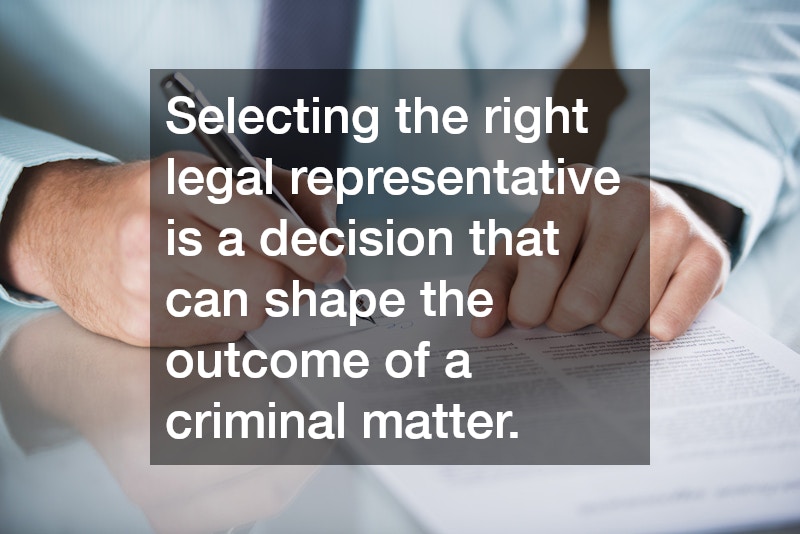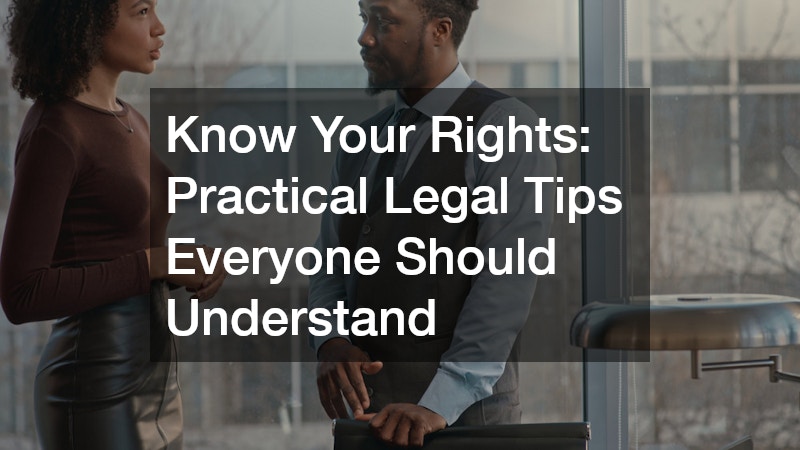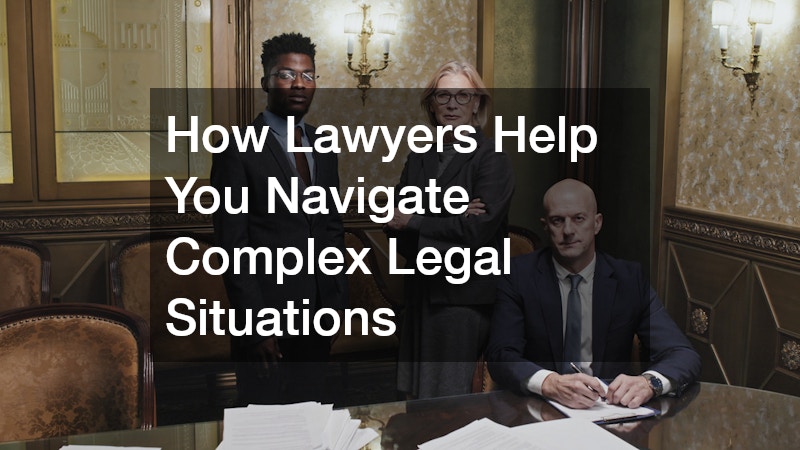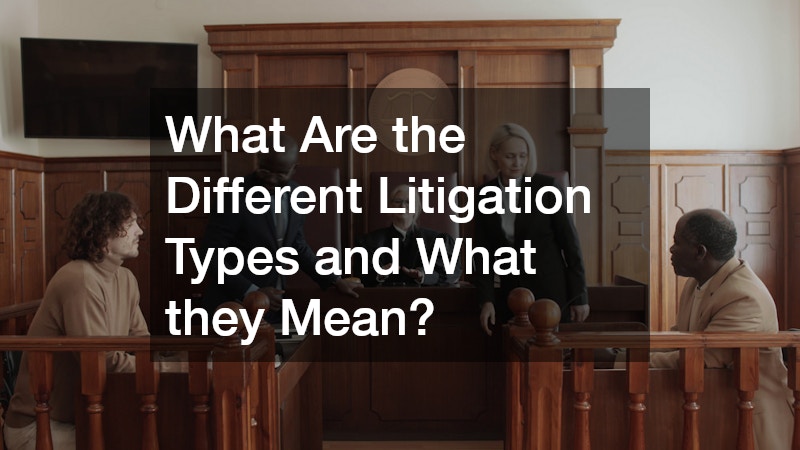Facing criminal charges can be one of the most stressful and uncertain times in a person’s life. Whether dealing with minor offences or serious allegations, legal representation plays a pivotal role in protecting rights, navigating complex procedures and achieving the best possible outcome. But finding the right legal advocate means more than just hiring someone with a law degree. It means asking the right questions and knowing when to act.
Understanding the role of criminal lawyers, the situations where their services become essential and the questions that help evaluate their suitability will empower individuals to make informed decisions during challenging times.
When Should You Hire a Criminal Lawyer?
Hiring a criminal lawyer should not be viewed as a last resort. Many people wait until court proceedings are well underway before seeking legal counsel, which can be a costly mistake.
Engaging a lawyer as early as possible—preferably as soon as charges are laid or an investigation is initiated—gives the defence team time to review the case, protect legal rights and build a strategy from the beginning.
Early intervention can sometimes result in dropped charges or reduced penalties. It may also prevent unintentional self-incrimination during police interviews. Even if the matter seems minor, consulting criminal lawyers early offers clarity on possible outcomes and the best course of action. Serious charges such as assault, theft, fraud or drug possession should never be approached without professional representation. However, even lesser offences can carry long-term consequences such as a criminal record, fines or community service.
In some instances, hiring a criminal lawyer may also be appropriate during appeals, bail applications or licence disqualifications. It is also advisable when dealing with youth justice matters or if legal complexities arise involving mental health or cultural background.
Question 1: What Is Your Experience With Similar Cases?
Not all criminal lawyers specialise in the same areas. Some may focus on white-collar crime, while others may have extensive courtroom experience with violent offences or traffic violations. Asking about their background and success with similar cases provides insight into their suitability for the matter at hand.
Experience isn’t just about years in practice—it’s about relevant casework. A lawyer who has successfully defended clients in similar circumstances will likely be more comfortable navigating the process, anticipating the prosecution’s strategies and negotiating with the court. This question also gives the lawyer an opportunity to explain their approach and whether it aligns with the client’s expectations.
An experienced criminal lawyer can also offer realistic expectations. While no lawyer can promise a specific outcome, seasoned professionals can highlight the strengths and weaknesses of a case based on past experience. Understanding these insights early helps manage expectations and avoids surprise developments during the legal process.
Question 2: What Strategy Would You Use to Defend My Case?
Every legal case is different and so is every defence strategy. It’s important to know how a lawyer intends to approach the case. Will they challenge the evidence? Negotiate a plea deal? Seek diversion programs or pursue a full trial? Asking this question reveals how well the lawyer understands the charges and whether they’ve already begun considering a plan of action.
The answer to this question also reflects the lawyer’s communication style. Do they explain things clearly? Do they speak in practical terms or legal jargon? A good lawyer should be able to describe their strategy in a way that is easy to understand and offers reassurance that the client’s best interests are their priority.
Additionally, the proposed strategy can give insight into how proactive the lawyer is likely to be. For instance, some cases benefit from early negotiations with the prosecution to minimise penalties, while others require rigorous cross-examination and expert testimony. Knowing the lawyer’s plan can help determine whether their approach matches the client’s needs.
Question 3: What Will the Legal Costs Be?
Legal fees can vary significantly depending on the lawyer’s experience, the complexity of the case and whether the matter goes to trial. It is crucial to ask for a clear breakdown of costs before engaging a lawyer. Some lawyers offer fixed fees for standard matters, while others charge by the hour.
This question ensures there are no financial surprises later. It also gives clients the chance to compare costs across multiple firms and ensure the value of services aligns with the fee being charged. It’s not always about choosing the cheapest option—rather, it’s about understanding what is included and what isn’t.
Be sure to ask whether fees include court appearances, document preparation, consultations and travel. Some lawyers also offer payment plans or legal aid options. Clarifying these details upfront avoids misunderstandings and builds trust in the professional relationship.
Selecting the right legal representative is a decision that can shape the outcome of a criminal matter. While qualifications and experience are important, personal compatibility, clear communication and transparent costs are equally essential. The questions outlined above help reveal whether a lawyer has the competence, confidence and commitment required to defend the case effectively.
.




